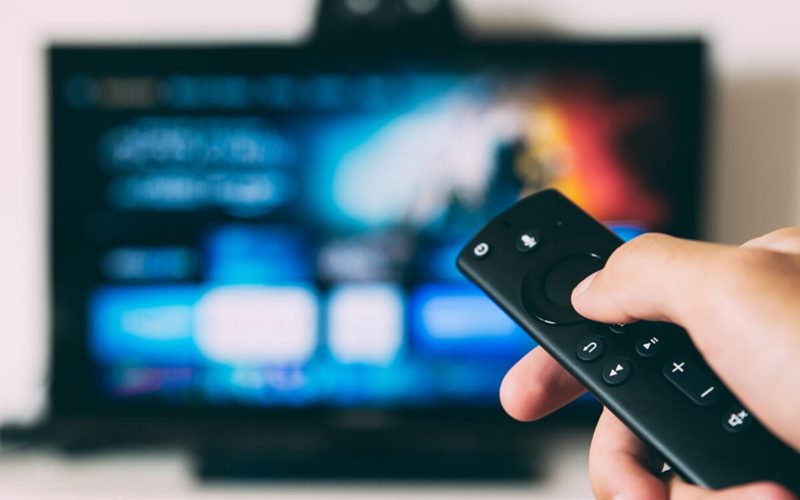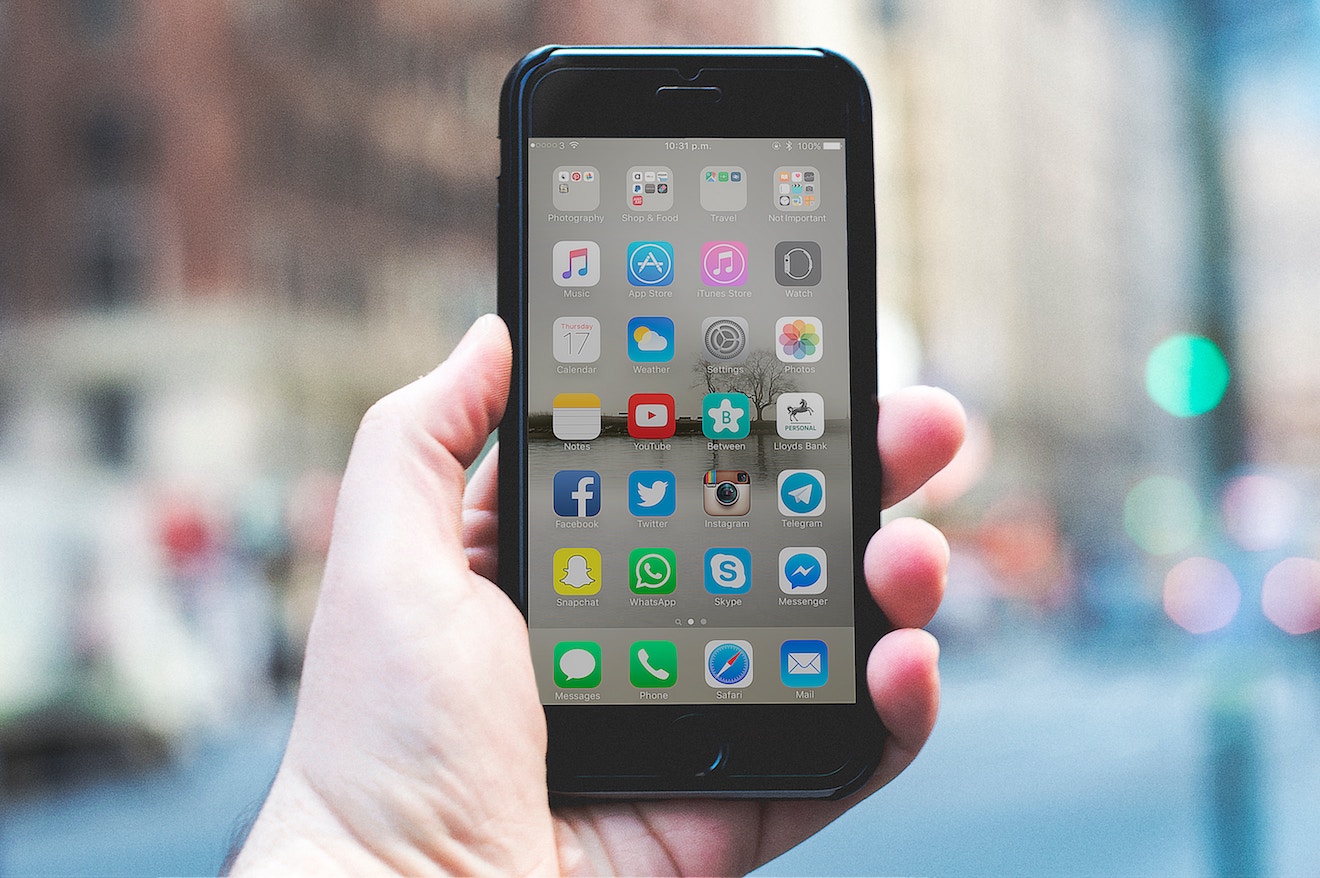In need of a little me-time? Zoning out feels like low-stakes self-care. So does popping open an extra bag of Pirate’s Booty — at least you’re not chugging vodka, right? Scrolling through Instagram for three hours takes your mind off a bad work day. Scandal is best binge-watched, and dedicating an entire day (or two, or three) to The Sims is the only way to win the Legacy Challenge.
There’s no harm in distracting yourself occasionally. Holing up for one weekend to ram through Red Dead Redemption 2 won’t cause too many negative implications — but if you’re wasting every weekend and every evening on distractions, you might find yourself floundering physically, emotionally and socially. Distractions can be damaging, whether it’s scrolling, emotional eating, Netflix-ing until dawn, or playing too-many video games.
Here’s how distractions can hurt you — and how to know if your favorite avoidance behaviors have crossed a line.
Lowers Productivity
If you’re restricting your binge behaviors to your personal time, you’re not in too much risk. But if you’re swiping up, up, and up during your nine-to-five, expect your work stress to increase. A full 34 percent of employees like their jobs less when they’re distracted. Multi-tasking directly impacts your work: Juggling your Twitter obsession with your weekly report increases job pressure and frustration.
Your performance may also suffer: researchers found that distracted employees were slightly more brusque and wrote slightly shorter emails, because they were rushing through those tasks. Speed-working may introduce errors, too. One study found that distracted workers were twice as likely to screw up. And all that job stress can make you sick.
For the sake of your health and your job, put down the phone.
Trains Brain To Crave Dopamine
Often, when we’re distracting ourselves, we’re really doing one thing: searching for our next dopamine hit. Whether we’re craving salty, fatty potato chips or another Facebook like or the thrill of a loot box, distractions are really a hunt for happiness.
But cheap thrills have big consequences. Dopamine makes us want more. Soon, you’re not just excited about new Instagram followers. You’re craving them, and you start dreaming of bigger and bigger numbers. It becomes a primary focus — at the expense of important physical must-haves, like exercise, healthy foods, and social interactions.
If you notice yourself stuck in a pleasure-reward pathway, it’s time to step away.
Hurts Physical Health
Not only are your brain’s reward pathways damaged by distractions, but your body can be damaged, too. How many times have you caught yourself lying on the couch, unmoving, as you head into hour six of your Orange Is the New Black marathon? Your body remembers. Some scientists believe sitting is as bad as smoking, and for good reason: the risks of cardiovascular disease, obesity, diabetes, deep-vein thrombosis and other nasty diseases all increase the longer you sit.
Binging your favorite shows can be delightfully distracting, but soon enough your body will protest. That goes double if you’re downing pint after pint of ice cream, which damages your body even more directly. At a minimum, shake up your sesh with some light exercise, or try sitting on a stability ball. Even better? Go out for a run — your body will thank you.
Impacts Your Brain Health, Too
Multitasking with your favorite distraction isn’t just bad in the corporate world. In addition to spiking the dopamine feedback loop, our brains get a thorough beating from the modern world. Spending too long scrolling can spike your cortisol, which increases stress, and adrenaline, which leads to a fight-or-flight reaction. The result? Fuzzy thinking and trouble concentrating.
This goes double if you’re trying to learn and distract yourself simultaneously. Studying for your stats exam while watching old episodes of The Office might seem like a phenomenal idea, but your professor might just disagree. Science says that multitasking makes it hard to absorb new information. Instead of storing itself in the hippocampus — where information is easy to retrieve — that essential knowledge goes to the striatum, which holds procedures and skills.
If you’re distracting yourself to get through a dull work or school task, try hard to focus. Otherwise, you might wind up wondering where all that information went.
Avoids The Real Problem
There’s another good reason to ditch the distractions: You’re covering up the real problems. Often, we turn to easy comforts, like video games, television, food or social media, so we can avoid feeling sad or anxious. You might feel better, but the problem still remains — and ignoring mental health concerns makes them harder to address in the future.
In order to overcome depression, anxiety, or other psychological issues we need to acknowledge their existence. And yes, that means putting down the phone. If you feel like you’re using distractions to avoid serious issues, talk to a mental health professional, who can help you get to the root causes.
Talkspace articles are written by experienced mental health-wellness contributors; they are grounded in scientific research and evidence-based practices. Articles are extensively reviewed by our team of clinical experts (therapists and psychiatrists of various specialties) to ensure content is accurate and on par with current industry standards.
Our goal at Talkspace is to provide the most up-to-date, valuable, and objective information on mental health-related topics in order to help readers make informed decisions.
Articles contain trusted third-party sources that are either directly linked to in the text or listed at the bottom to take readers directly to the source.




